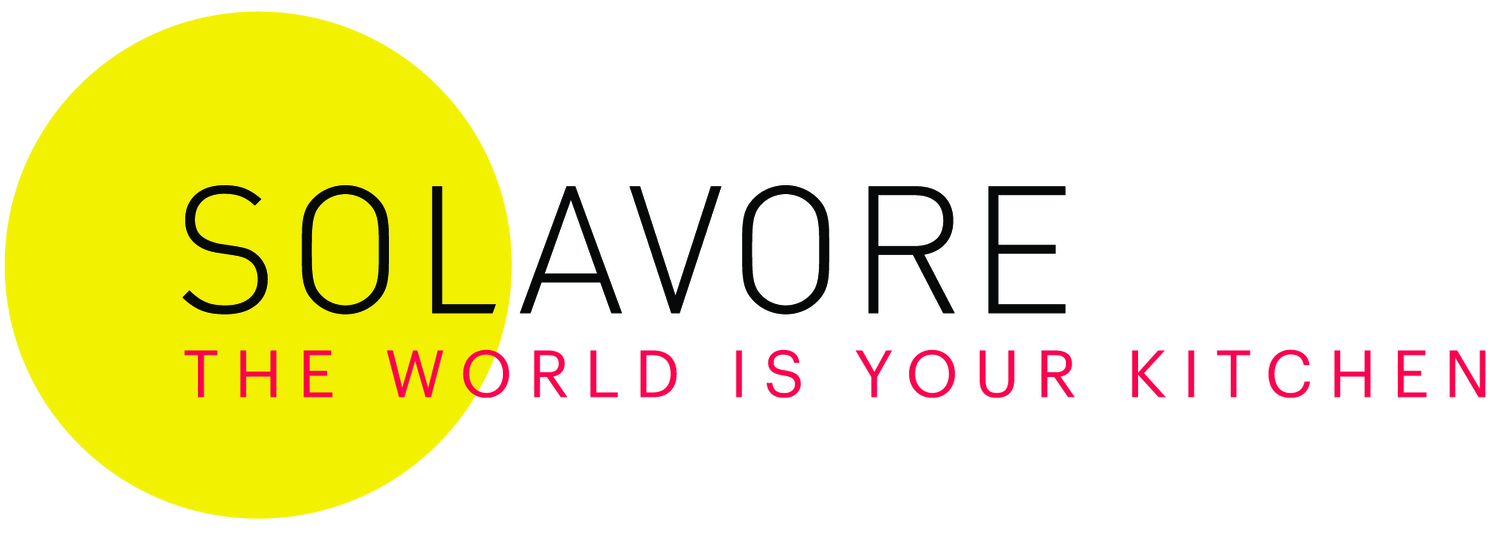Solavore™ is a purpose-driven company. We pledge to use profits to remain independent and self-sustaining while pursuing our ultimate aim: solving social and environmental problems. Our specific goals are:
providing healthy cooking-fuel alternatives to wood, charcoal, kerosene and coal for women in sun-rich countries
According to the World Health Organization, household air pollution from cooking fires kills 4 million people every year. More than 50 percent are children under 5.
- empowering women by providing a free cooking fuel and through small-business incubation, including the sales and assembly of solar ovens

over 98% of Haiti is deforested
In countries where people rely on open fires and other inefficient cooking methods, families can spend up to 60% of their incomes just to be able to get fuel and feed themselves.
- reducing deforestation
Over half of wood harvested worldwide is used as fuel.
- reducing carbon emissions
The average cooking fire gives off as much carbon dioxide as a car. It also emits black carbon, or soot, another major contributor to global warming.
Harmful cooking methods prolong poverty, sicken women and children and cause deforestation and soil erosion.
“ In places where they don’t have adequate access to clean cookstoves, countries like Haiti, or Cambodia, or Kenya, their stoves are creating a cycle of death.”
Our guiding principles for developing-world partnerships:
1. Pursue countries where local cuisine matches the capabilities of the Solavore Sport. For example India and Kenya, where one-pot, slow-cooked meals are common, are a good fit; China less so, since high-temperature, wok-style cooking is popular.
2. Charitable donations in general are not effective in driving long-term adoption; we, therefore, embrace supporting local entrepreneurs in building channels of distribution.
3. Align our efforts with those of pre-existing, successful in-country initiatives. For example, aligning our solar oven projects with local re-forestation projects is a natural fit, as is aligning with building schools in underserved areas.
4. Partner with development agencies, international financial institutions (IFIS) and intergovernmental organizations that are seeking social entrepreneurship-based solutions.
Legacy of Caring
Solavore inherited a history of good works when it revived and restructured the well-respected not-for-profit Solar Oven Society (SOS) in 2015. Founded in 1995 in Minneapolis, Minnesota, under the umbrella organization Persons Helping People (PHP), SOS originally developed Solavore’s flagship product, the Solavore™ Sport solar oven, the industry leader in price, performance, family-size capacity and rugged durability. SOS spent nearly two decades distributing solar ovens to poor communities around the globe through individuals, churches and NGOs. The Sport introduced the joys and benefits of solar cooking to cooks in many countries: Nicaragua, Afghanistan, Haiti, Tanzania, Cameroon, Rwanda, The Democratic Republic of Congo, Guatemala, Madagascar, among others.
We fully support The Global Alliance for Clean Cookstoves, a public-private partnership with the goal of enabling 100 million households to adopt clean and efficient cooking solutions by 2020. For more information, please visit: cleancookstoves.org

Grace Magney demonstrating solar cooking in Afghanistan
“I have worked with many solar ovens and parabolic dish cookers in Afghanistan. The Sport is my favorite. It’s the perfect solar oven, providing strong, simple and hot cooking for all types of situations and populations.
I have demonstrated the Sport solar box cooker to Afghans time and time again, using their basic foods of meat, rice, vegetables, kidney beans and cake. When it is done, we all eat the meal together. They are convinced and overjoyed. My dream is having thousands of Sport ovens out cooking on Afghanistan’s 300 sunny days a year.
”
